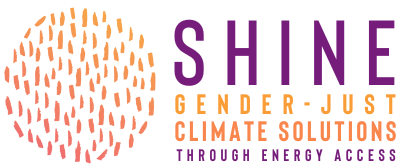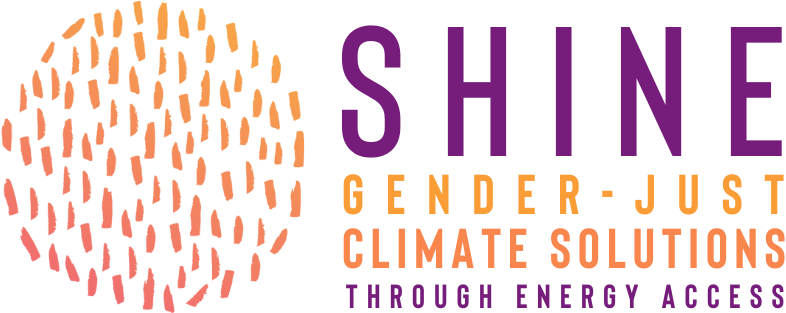The Interfaith Center for Sustainable Development works to catalyze a transition to a sustainable, thriving, and spiritually-aware society through the leadership of faith communities. ICSD reveals the connection between religion and ecology and mobilizes faith communities to act. ICSD manifests these goals primarily through four projects. The Faith Inspired Renewable Energy Project is described below. Second, the Interfaith Eco Seminary Engagement Project promotes teaching of ecologically informed theological education, to spur courageous moral leadership for sustainability. Third, ICSD co-organizes Interfaith Environmental Conferences that amplify the voices of religious leaders and scientists on spirituality and ecology.
Fourth, ICSD provides thought-leadership to faith-based communities and beyond through our social media presence, speaking, teaching and advocacy. Our collections of videos, reports, articles, course and syllabus collections, blog, and other resources provide a unique access point for leaders and followers of faith-based communities alike to explore the connections between their tradition and contemporary environmental issues.
Based in Jerusalem, ICSD is registered in Israel as a non-profit organization. ICSD is a partner organization of International Partnership on Religion & Sustainable Development (PaRD) and a Cooperation Circle of United Religions International (URI).
Shine Campaign Commitment
Facilitate the deployment of off-grid and commercial-scale solar and wind projects in Africa in collaboration with a range of faith institutions.
This commitment is based on the work ICSD is doing, and seeks to expand, in the Faith Inspired Renewable Energy Project. The Project works to care for people and creation through rapid deployment of solar and wind energy in order to bring renewable electricity to Africans, curb climate change, and enable current and future generations to live sustainably.
The Project’s Objectives are to:
- Engage African religious institutions in practicing the ethical imperatives of creation care by facilitating alternative energy development on their lands;
- Establish a practical, scalable mechanism to support a pipeline of investment in and deployment of renewable energy in Africa;
- Foster at least $1 billion in solar photovoltaic and wind projects of 10 MW or larger in Africa over the next five years;
- Implement off-grid renewable energy projects in Africa based on Gigawatt Global’s Rural Village Development Model, which provides a pragmatic approach to commercially sustainable off-grid development.


